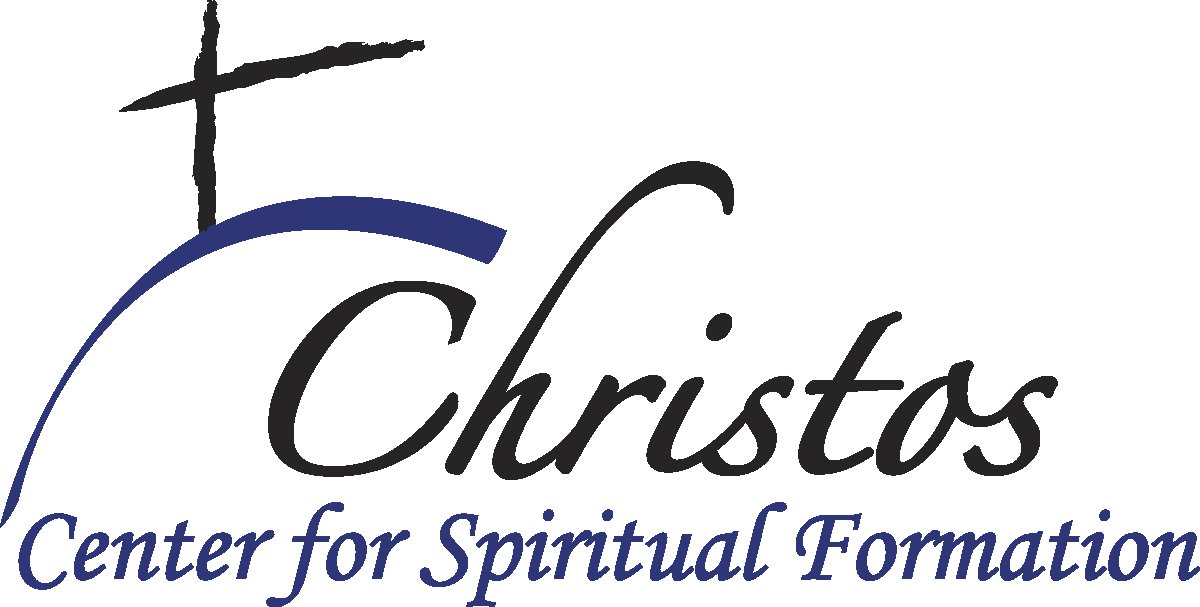A Pastor’s Perspective on Becoming a Spiritual Director
image shot at Aro Ha
A Conversation With Pastor Brian Norsman
What called you to do Spiritual Direction?
It was part of my sabbatical several years ago. I had always been interested in talking with a Spiritual Director – someone who would listen, speak truth into my heart, be honest with me and help me discern my call to ministry. I love monasteries, and during my sabbatical, I went to Belgium and experienced Spiritual Direction in a monastery with a director who didn’t speak English! That sparked my soul, so I came back and did a contemplative retreat for the first time. I loved it. I worked with my own Spiritual Director for another year while investigating Spiritual Direction certificate programs. The hunger and longing were there.
The Christos Tending the Holy program was food for my soul. Between the practices and teachings and being able to practice Spiritual Direction in groups, it changed me in many ways, and changed my ministry. It named the heart of the ministry I really wanted to be about, which was spiritual formation.
How has becoming a Spiritual Director transformed the way you pastor to others? I see many internal changes in myself. I feel like I’m more present with people. I have a deeper contemplative stance and I listen a lot more. It’s a holy privilege to be invited into these deep places. I’m quieter, in a certain way, and I call on a deeper heart of spiritual listening. I let the gentleness of the Spirit flow. Before I became a Spiritual Director, I’d do more “coaching,” getting people to a place and giving them tools or things to think about afterward. Depending on the situation, I might still do that, but I’m more inclined to let the Holy Spirit do the job so that there’s less of me and more Spirit-directed questions. I lean into this: How does God really see what’s happening today?
What are the ways you bring Spiritual Direction into time with a parishioner? Probably the most different thing is the use of silence and quiet. It’s a big shift to stop the churn, to simply breathe, to get centered and into the space where you really listen to the heartbeat of what God is doing in you, not around you. I use contemplative practices like Lectio Divina, or an opening silent prayer or a poem to get us into the space. I pray that God lets me be a conduit of grace, to ask the right questions and let them flow with the Spirit’s flower. It’s about moving a person away from an ego place to a place where God sees them as fully beloved. I feel like I’m companioning this person on the road to Emmaus.
What new things have you been able to bring into church ministry? I wanted to introduce our church to contemplative practices as a different expression of worship. We offered a class about Contemplative Practices, and publicized silent retreats available at Christos. We introduced Listening Circles. They are so different from everything else you do in your life. When do you have someone completely, spiritually and actively listen to you with no strings attached? I lead chapel for our preschool kids, and sometimes I’ll begin by telling them to take some silence, some holy pause. We initiated the idea of Holy Pause at a new contemporary worship service also.
Spiritual Direction sounds like it transformed your vocation and your practice … how has it affected your own faith? In my own faith, I’m probably a lot more self-aware of my own anxieties, my own presence, and how I see the world. I feel like I breathe more and hold space for God to work through me. I’m a lot less hurried and more patient. My family would say that the fruits of the Spirit are more evident! I spend a lot more time in spiritual practices. Every day I try to hold space for a half-hour of centering prayer. If I’m not tending to my own soul, it’s pretty hard to tend to someone else’s or to be fully present. A lot of it happens in silence because I think that’s where God speaks to us most frequently. When we slow down, our ego slows down and we’re able to move from that ego-centered self of attaining things versus just letting the Spirit of God breathe in us.
What’s the most important thing you’ve learned in Spiritual Direction? My own Spiritual Director said the greatest gift of the spiritual life – not the resources and readings and prayers that might come to mind – is the opportunity to ruthlessly eliminate hurry from your life. You do it through a contemplative posture, a stance that is unique to you. It can be a walk, a reading, photography, sitting with a candle, or going on a physical pilgrimage journey – paralleling the pilgrimage that is happening within our own hearts. Pilgrimage is a spiritual practice, but the longest journey is from head to heart and soul.

